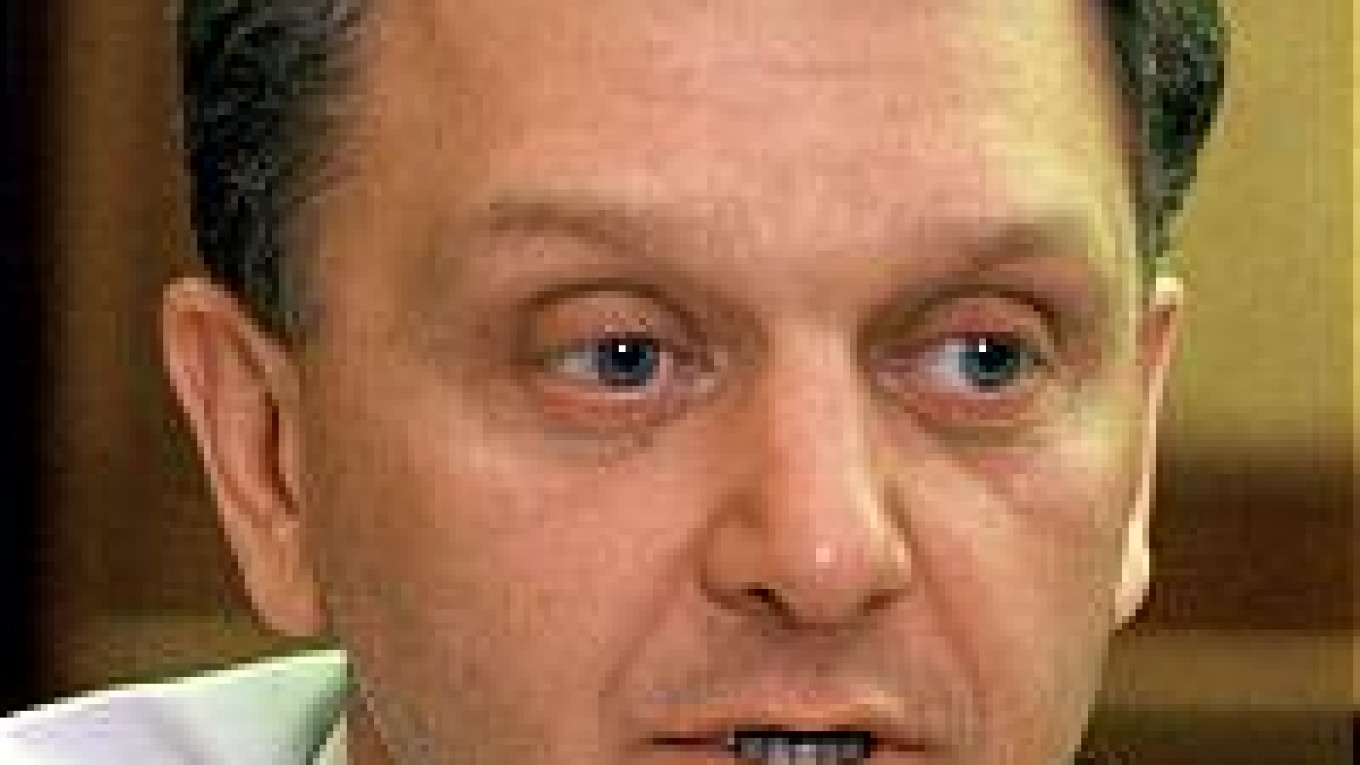"This is a groundbreaking proposal that it is of tremendous interest to us," Anatoly Chubais, CEO of national power monopoly Unified Energy Systems, told reporters after a round table meeting between senior energy officials from both sides.
Europe's top energy and transportation official, Francois Lamoureux, said the ultimate goal was the complete synchronization of the massive grids to form a common electricity market and ensure the safety of energy supplies.
He said he would officially recommend that Brussels and Moscow draft an agreement establishing joint institutions to work on the details.
Deputy Prime Minister Viktor Khristenko, whose brief includes the energy sector, led the Russian delegation at Thursday's round table, held under the framework of the EU-Russia Energy Dialog and attended by more than 50 officials and industry experts.
Chubais, who also represented the Commonwealth of Independent States at the meeting in his capacity of chairman of the CIS Energy Council, called the need for nations to synchronize their power grids "a global problem."
Khristenko said that in light of the massive blackouts that have occurred in Europe and the United States this year, "the problem of the reliability of power supplies must be rethought."
UES, which has already synchronized the grids of all 14 of Russia's neighbors, is already studying how to do the same with Europe, Chubais said.
Experts from sides set up a working group in March to draft a "comprehensive report" on the issue, said Stephan Gewaltig of the EU's energy and transport directorate. He said it would be finalized and presented to Brussels early next year.
Synchronizing electricity grids is a "significant issue" for the industry as a whole, but it benefits consumers the most because it increases both the reliability of power supplies and competition, which eventually leads to lower prices, Chubais said.
Both sides said it was technically feasible for the EU and Russia to fully integrate their electricity grids within four years.
"The most optimistic scenario is 2007," Khristenko said, adding that by then the electricity markets of both Europe and Russia would be fully liberalized.
Khristenko said the electricity industry is the only energy sector where mutual export-import with Europe could be organized," because oil and gas is a one-way relationship.
"Synchronization with Europe will not lead to [higher prices] in Russia because Russian gas in Russia will always be cheaper then Russian gas in Europe," said Chubais, adding that 62 percent of all electricity generation in Russia depends on natural gas.
A Message from The Moscow Times:
Dear readers,
We are facing unprecedented challenges. Russia's Prosecutor General's Office has designated The Moscow Times as an "undesirable" organization, criminalizing our work and putting our staff at risk of prosecution. This follows our earlier unjust labeling as a "foreign agent."
These actions are direct attempts to silence independent journalism in Russia. The authorities claim our work "discredits the decisions of the Russian leadership." We see things differently: we strive to provide accurate, unbiased reporting on Russia.
We, the journalists of The Moscow Times, refuse to be silenced. But to continue our work, we need your help.
Your support, no matter how small, makes a world of difference. If you can, please support us monthly starting from just $2. It's quick to set up, and every contribution makes a significant impact.
By supporting The Moscow Times, you're defending open, independent journalism in the face of repression. Thank you for standing with us.
Remind me later.


